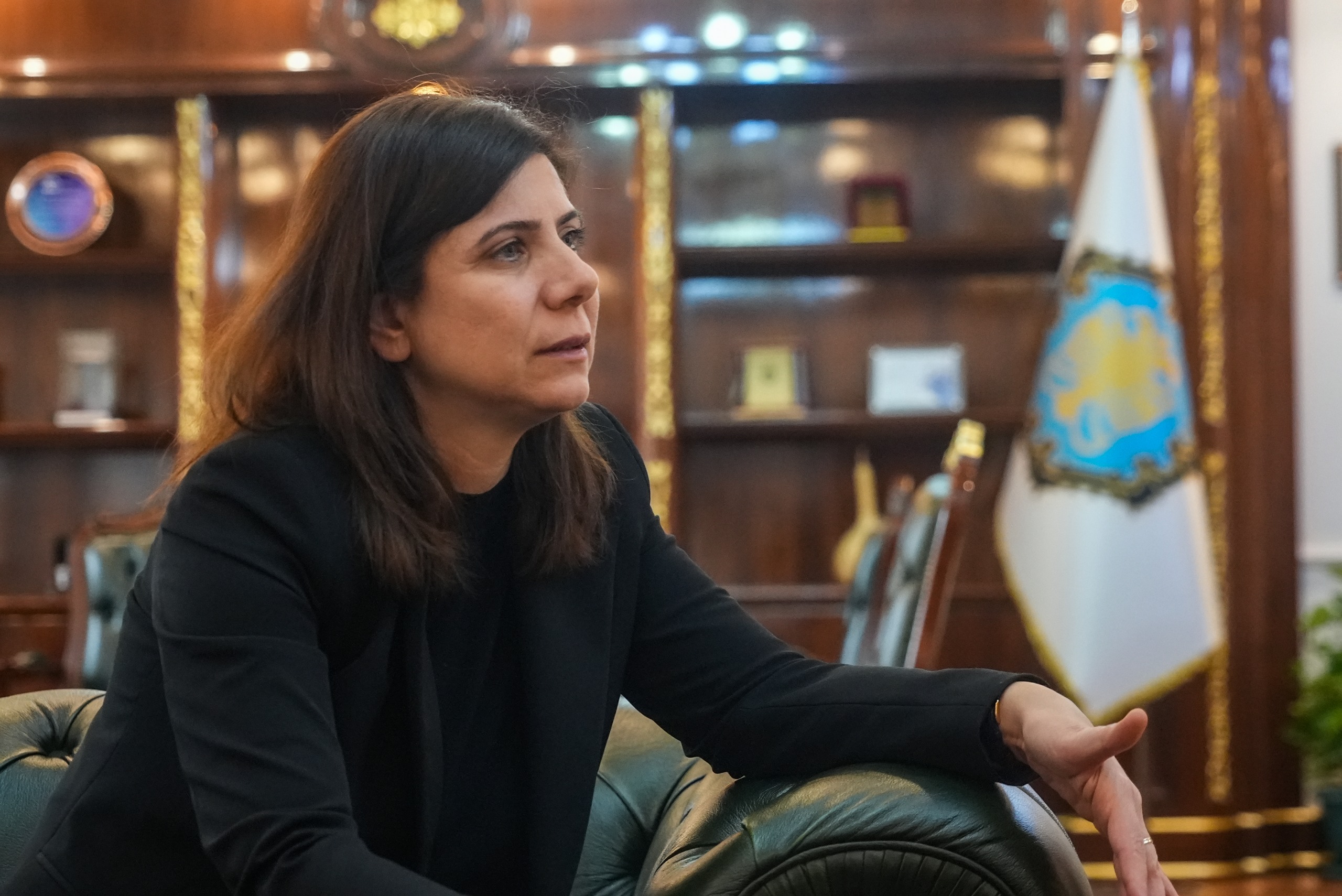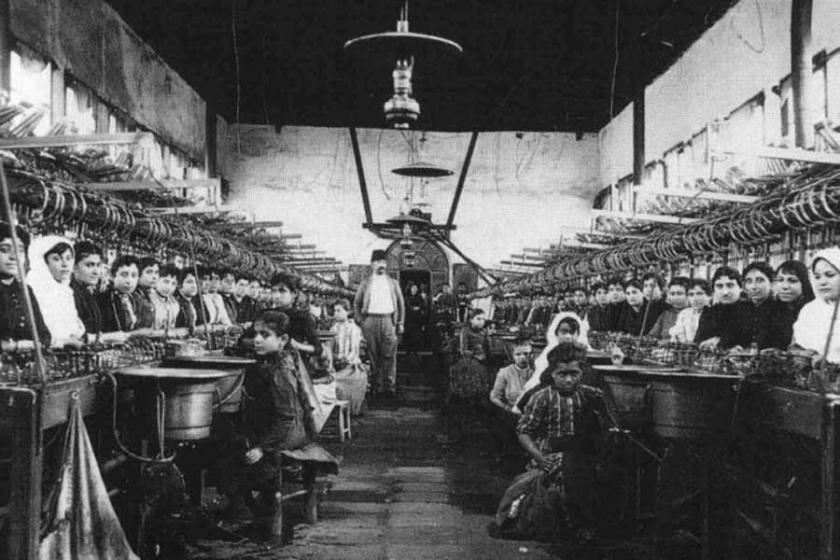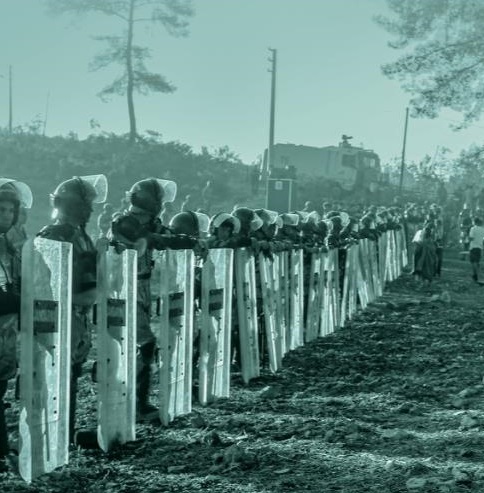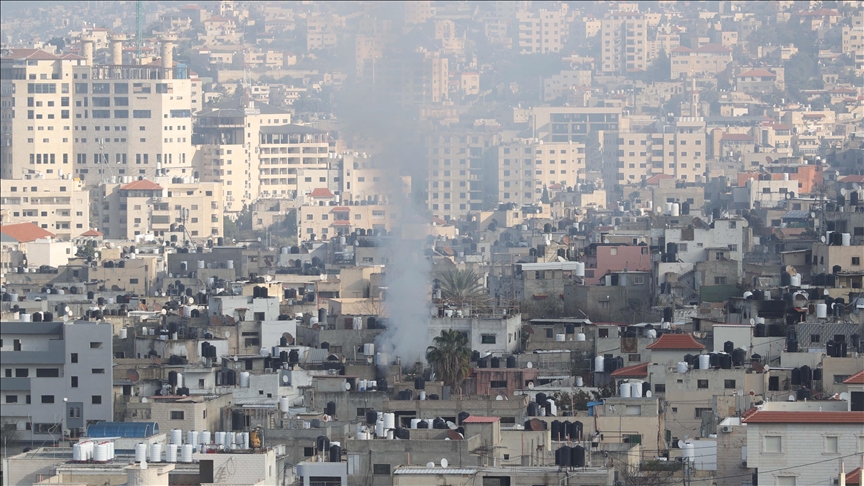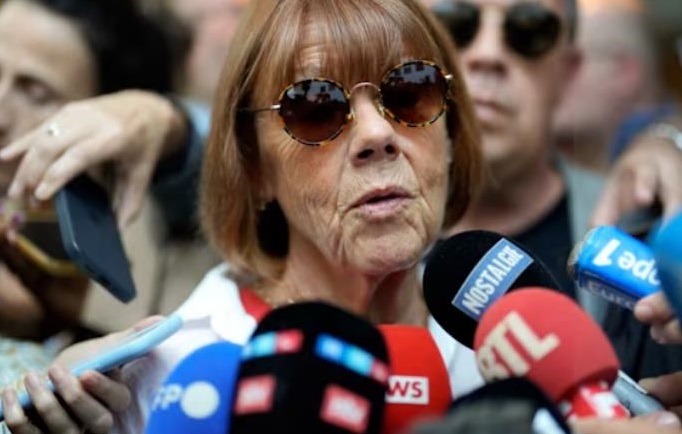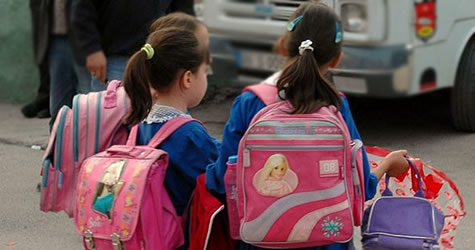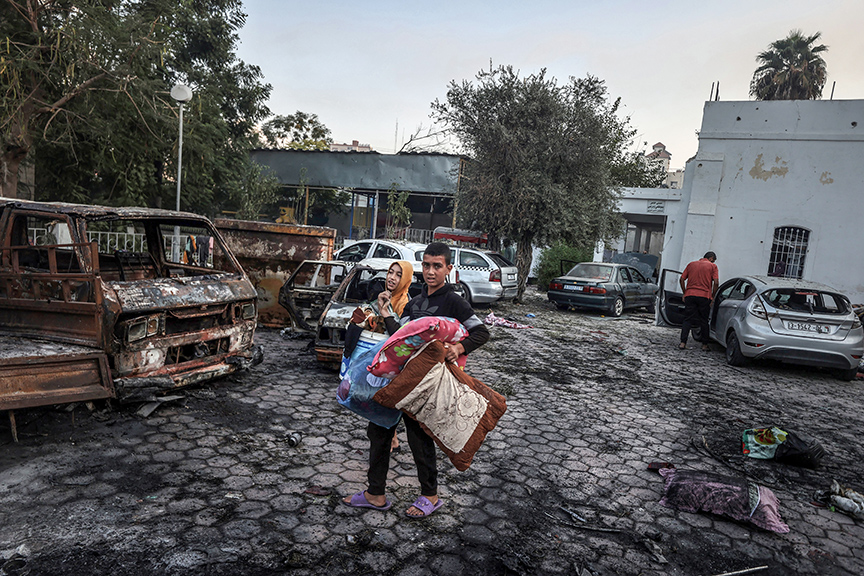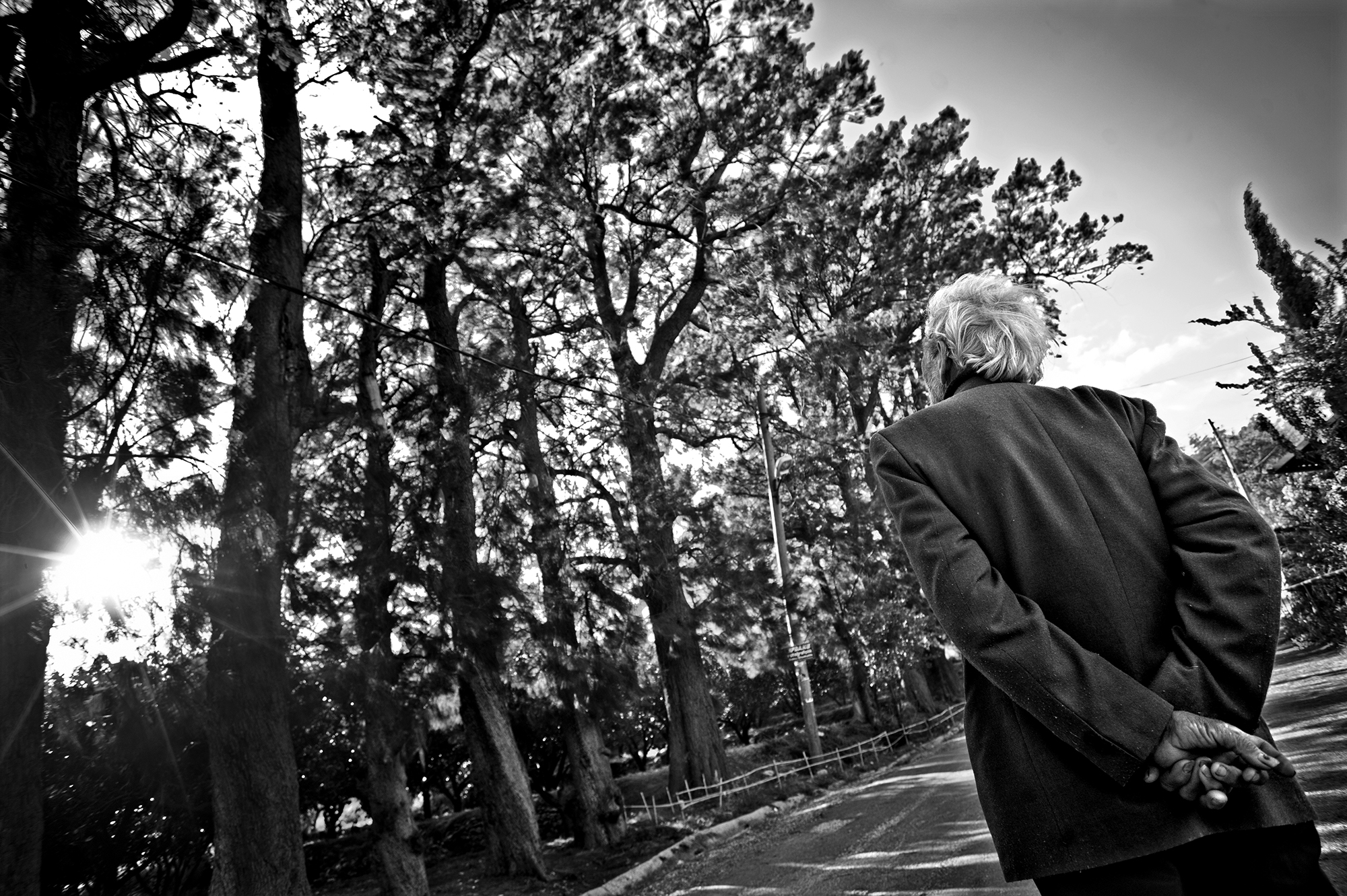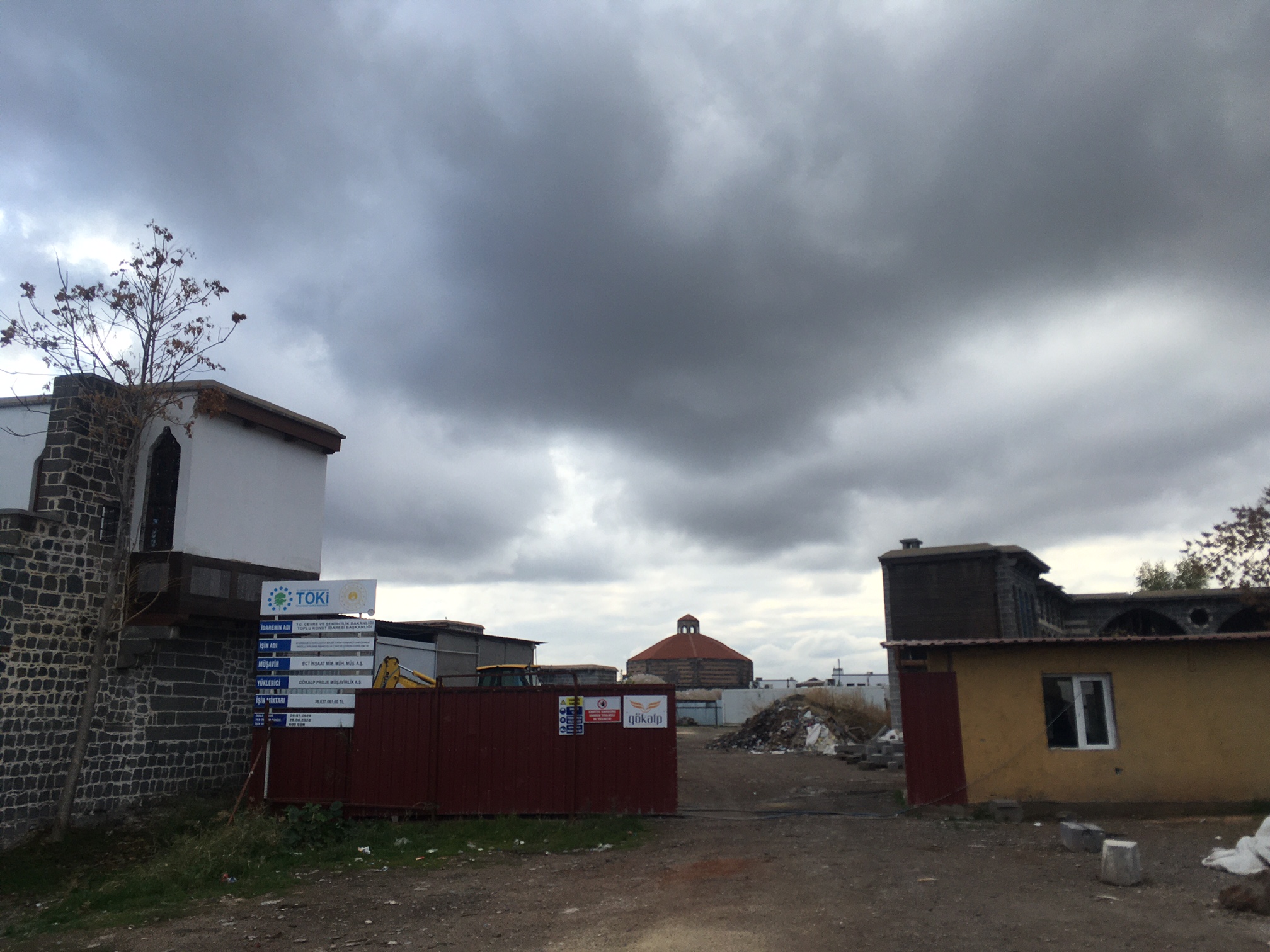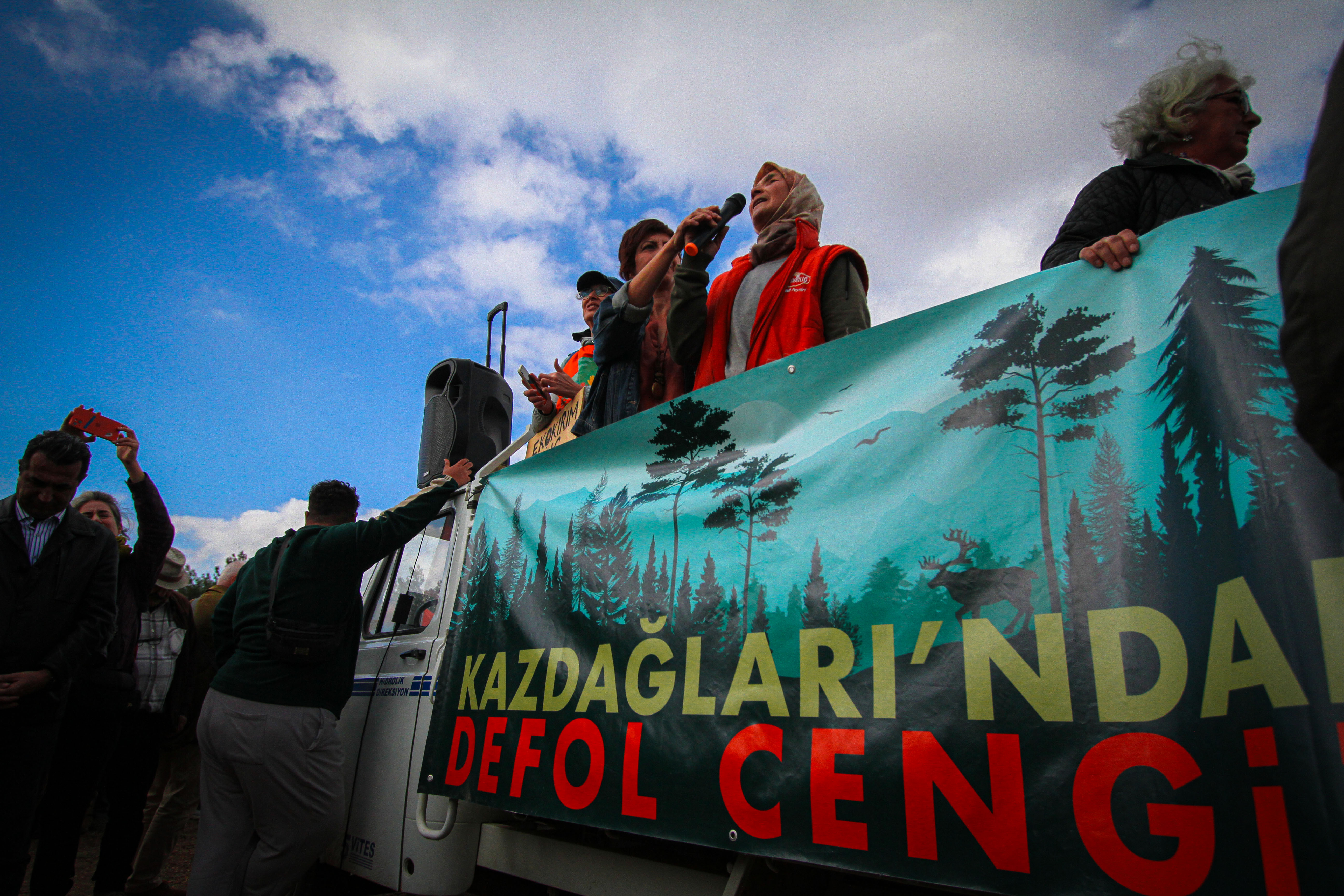HUMAN RIGHTS AGENDA
Serra Bucak: Trusteeship practices are taking away the right to participation of city components
Following the 3-year and 9-month prison sentence given to Van Metropolitan Municipality Co-Mayor Abdullah Zeydan, another DEM Party municipality was appointed a trustee. Diyarbakır Metropolitan Municipality also faced two trustee appointments in 2016 and 2019. We spoke to Serra Bucak, Co-Mayor of Diyarbakır Metropolitan Municipality, about the social and political consequences of the trusteeship practices after Zeydan was sentenced to prison. Regarding the trustee appointments, Bucak said, ‘Even though the government persistently and stubbornly does not learn lessons from undemocratic methods, the people have always said and will say, 'No matter what you do, we are on the side of the just struggle.' The government must now digest and accept the will of the people and give up these anti-democratic practices."
Looking at a hundred years of workers
In the 19th century, as wage labour relations became widespread in different sectors, crafts, agriculture and then industry, both the capital and the working class in the Ottoman Empire, which, like every empire, was built on a class society, had a multi-communal, multi-religious and multi-lingual structure. According to Çetinkaya, there is a rupture that must be mentioned here: ‘the construction of the nation-state, the process of nationalisation and the extermination of different communities in various ways through methods such as ethnic cleansings, genocides and exchange’. This political project also meant cutting off important elements from the working class and the working class movement, and cutting the way for socialist and Marxist movements.
A worrying year for rights
Turkey lived a period believing that torture and ill-treatment fell behind, convinced by this showcase. Yet, this year alone, 692 people or their relatives have applied to the HRFT with allegations of torture and ill-treatment. This is only the number of those who consider applying to a human rights institution in case of victimization, and who have the power and means to do so. Likewise, 2024 was a year in which freedom of assembly and demonstration was largely ignored. According to the data of the HRA Documentation Unit, at least 4,368 people were took into custody under torture and ill-treatment as a result of the intervention of law enforcement forces in peaceful protests.
A life without borders: What is happening after ceasefire in the West Bank?
Andrey X, as he prefers to use the name on social media, is a Russian-Israeli journalist and activist living in Palestine. After Russia’s invasion of Ukraine, he immigrated to Tel Aviv, which turned his world upside down and also gave him an opportunity to delve into Israel-Palestine conflicts. Now he is covering unjust practices in the West Bank. We have talked about conditions, the current situation, and importance of journalism in the West Bank.
Shame indeed had changed sides
Gisèle Pelicot, 72 years old, has won so much admiration and respect for the way she handled the judicial process concerning the gang rape of which she was the victim, that she has become a symbol of courage in recent years, going beyond 2024. “Shame must change sides” she said, “it's not us who should be ashamed, it's them. I don't want any woman who has been raped to feel shame anymore."
Education in the midst of multiple crises
One of the distinctive features of this year is that the number of children who are out of education despite being of compulsory education age is at the highest level of the last three years. Income inequality has reached its highest level in the last 18 years, signalling the severity of the economic crisis in education. 42 out of every 100 children are poor. ERG's report reveals that the number of students between the ages of 6-17 who are out of education increased by 38.4 per cent compared to the previous year.
Report documenting genocide against Palestinians
Amnesty International has examined and documented Israel's policies and actions against the Palestinians in Gaza since 7 October 2023 and, within the framework of international law, has named what has happened and is happening: Genocide. This new 300-page report, the first of its kind, is based on interviews with 212 people, including Palestinian survivors, local officials in Gaza, health workers, humanitarian NGO workers, analyses of a wide range of visual and digital data, published news reports, and statements by officials representing various institutions of the Israeli state. We talked to Ruhat Sena Akşener, Director of Amnesty International Turkey, about the report titled ‘You Feel Like You're Not Human-Israel's Genocide against Palestinians in Gaza’, which leads to the determination of ‘genocidal intent’.
“Turkey's problem is not ageing, but ageing in poverty”
‘’Politicians does talk about family but the conventional family consisting of mum, dad, children and the elderly does not exist in Turkey. The family is transforming, the family has never been a sterile environment. Besides, Turkey is trying to provide all the care service through this conventional family. How will people living alone receive support? What about the elderly who have lost their children or the elderly who have chosen to live differently? This is a policy blind to society. It also has nothing to do with increasing fertility because the number of poor elderly will not decrease when the number of babies increases. As well as the existing elderly population, let's also think about the old age of children who are forced to work in temporary, mobile jobs and in the agricultural sector, young people who are currently working in flexible employment. Moreover, retirement means becoming poorer and poorer in Turkey."
From police barricades to Instagram screens: A new map of Suriçi (Diyarbakır) that leads to amnesia
I wander around Suriçi, using both my own testimonies and the memory provided to me by journalism by listening to witnesses and as a map. After a hundred days of conflict, the police barricades and screens that I last saw in 2019 have been removed from some streets that were closed for years. They have removed, but many of them seem to have opened neither to the old nor to the new, but to gaps that freeze space in time. As I wander around, I listen to the old inhabitants of Sur. One of them is a construction worker, he migrated to another district when his house was demolished. What is significant is that now, if there is a job in construction, he comes to his old neighborhood to work. Another is a plumber whose house, shop and tools were leveled in Sur. They are collectively paying installments to own a new Sur house.
While you are reading these lines they are cutting
The last destructive blow of the holding that gets sturdy as it leans on the political power. Preparations for the ‘Halilağa Copper Quarry Capacity Increase, Ore Enrichment Plant and Waste Storage Facility’ to be built in Hacıbekirler village of Çanakkale Bayramiç have begun by cutting down trees on 5200 decares of land. On 9 November, minibuses, buses and vehicles departing from different parts of the Aegean, Thrace and Anatolia park on both sides of the road. When a person cries with choking breath for a tree, it brings to mind the mythic past of this geography, the Homeric texts. As in the tragedies where pain rises from human bodies to the clouds of Zeus, where vows of revenge and anger do not fit in the mountains, women cry out “do not cut down our trees”, doubled over from shouting.


